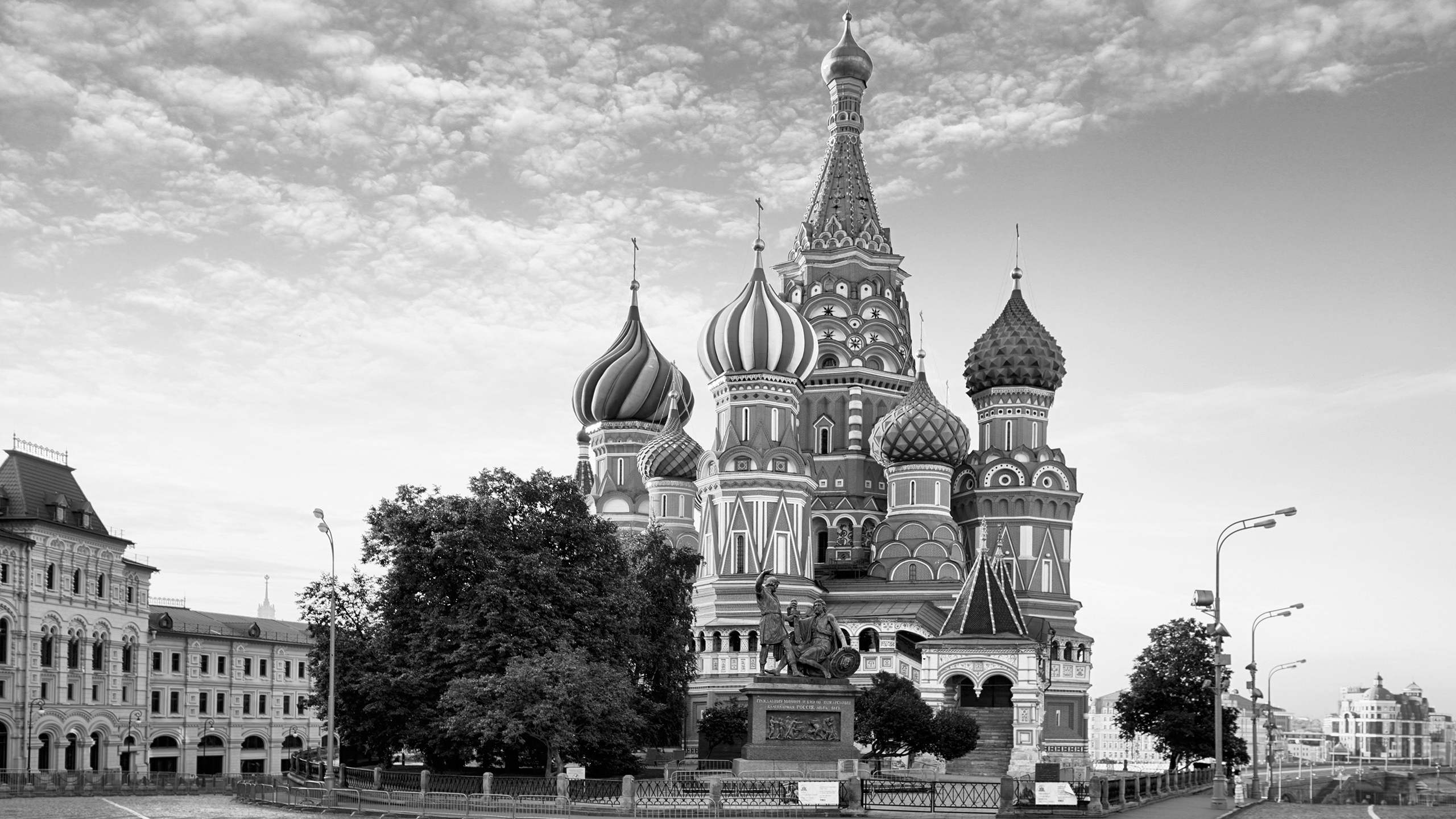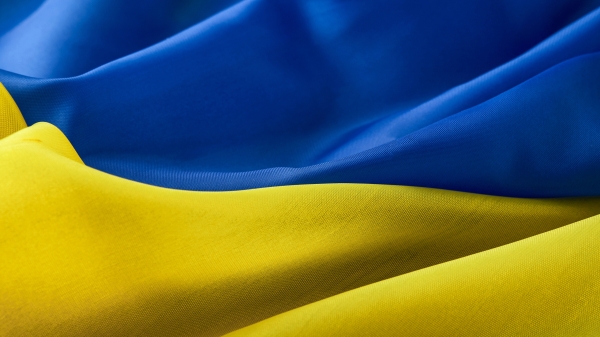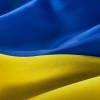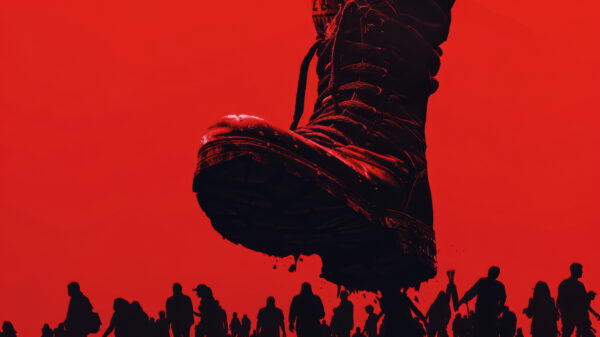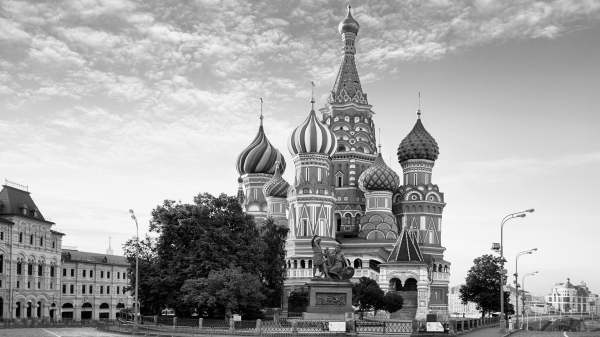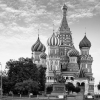One hundred years ago this month, delegates from various parts of the old Russian Empire met in Moscow to create the Union of Soviet Socialist Republics.
The world would never be the same.
Prior to this declaration, an internal conflict pitted a variety of groups with differing political ideologies against each other. At the cost of more than 10 million dead, the communists emerged as the victor. Under Vladimir Lenin, they consolidated power to create the first communist state; an experiment that would fail almost 70 years later.
The political theories of Marx and Engels as interpreted by Lenin were applied in ways that were never intended and created an economy devoid of practical experience. As pointy-headed intellectuals, Marx and Engels theorized an idea of history that saw capitalism losing steam as workers gained power and created a totally egalitarian society. These theories made for interesting discussion among academics and theorists but should never have been taken seriously as a basis for government. It would be akin to founding a new political system based on a combination of Aesop’s fables and Mother Goose.
But Lenin as an idealist believed the doctrine, and it became for him a religion based on a binary concept of society as either capitalist or socialist. If the end of history was the decline of capitalism, why not accept the inevitable, skip a view steps, accelerate the process, and embrace a form of socialism that was bound to occur anyway?
This belief set the stage for the most brutal concentration of power that left countless millions dead all in the name of achieving a workers’ paradise. If you must break eggs to make an omelet, then to create a communist society, you had to murder upwards of 60 million people. But, thought Lenin and his successors, the achievement was worth the sacrifice…of someone else.
As with many other utopian dreams, nothing was based on any rational experience. Lenin failed to consider human nature and that various groups might take exception to his goals and objectives. In a modern contorted version of the divine right of kings, Lenin’s anointed vision served as the basis of his ideas and could not be questioned. Anyone standing in the way was banished, if not summarily executed. Rather than advancing, history was retreating.
Consider the sharp contrast with the founding of the United States.
Here, the experience of colonists formed the basis of America. Rather than discard the English system of government, we embraced what worked, modified faulty systems, and exchanged only the King and Parliament for a President and Congress.
Unlike the British experience as conveyed to the new world, Russia never really experienced an Enlightenment that supported liberty and freedom. Indeed, Russia is a sad history of a firm dictator issuing decrees without any thought of getting consent, much less considering the consequences to his subjects.
Lenin and his ilk easily slid into this role, but initially with peasants experiencing freedoms they’d never possessed, there was a certain euphoria about this new state. They subscribed and could see that their lives might be improved. And, with any change or conversion, the newness creates an excitement that something different is happening. Peasants previously under the yoke of their masters were liberated and their labor marshaled to support the new system. But this did not last forever. Once they tasted a little freedom, they wanted more. But with all things being equal and scarce, freedom was apportioned and limited.
Working for the common good was a great motivating factor and created an initial enthusiasm. But in the USSR, under communism, the common good was decided by others. Any sense of individuality, creativity, or ambition was subjected to state control, reducing liberty to the lowest common denominator.
People from other countries flocked to see this new workers’ paradise where greed, profit, and selfishness were eliminated and subjugated to a new vision. But just like Russia under the Tsars, what people saw was filtered and limited; the reality was much different.
The USSR would have its apologists who would celebrate the collective factories and farms and dream of a new world order. But under the surface, all dissent was barred, fear ruled the day, and any disagreements were met with severe punishment and, in many cases, disappearance and death.
Once Lenin died and Stalin muscled his way to the top, a killing machine that far surpassed anything seen before assassinated all rivals, banished dissidents to Siberia, and systematically starved untold millions.
But elite intellectuals who knew no distinction between theory and practice praised Stalin’s achievements. The USSR was on the cusp of something great, and people across the world were invited to get on board. But then, Stalin allied himself with Hitler, which ended most optimism about the future of Stalin’s regime.
And even when Stalin joined the Allied cause, the reports of the brutality of the Red Army not only to the Nazis but to their own soldiers were unbelievable. After the war, the rest of the world knew something was wrong when Soviet prisoners of war committed suicide when faced with repatriation.
During his concert in Moscow, Paul Robeson was shocked when he learned of Stalin’s elimination of intellectuals. Other activists also realized the workers’ paradise was a myth.
After visiting the USSR, United Auto Workers union leader Walter Reuther saw clearly that the American labor movement needed to stay clear. To his credit, he disabused any labor leaders of any miracle in the USSR. He saw firsthand the exploitation of the Soviet workers and anchored labor to a democratic society.
Ronald Reagan would be criticized for calling the USSR an “evil empire” and was deemed by detractors to have an inordinate fear of communism. As president, Reagan would pursue an aggressive policy of luring the USSR into a competition they could not win. The Berlin Wall fell soon after, the USSR dissolved, and Reagan’s critics were silenced when his assessment was vindicated.
The birth 100 years ago of the USSR is reason to reflect on the indomitable human spirit that cannot be contained by systems of government that do not foster liberty under the rule of law.







































